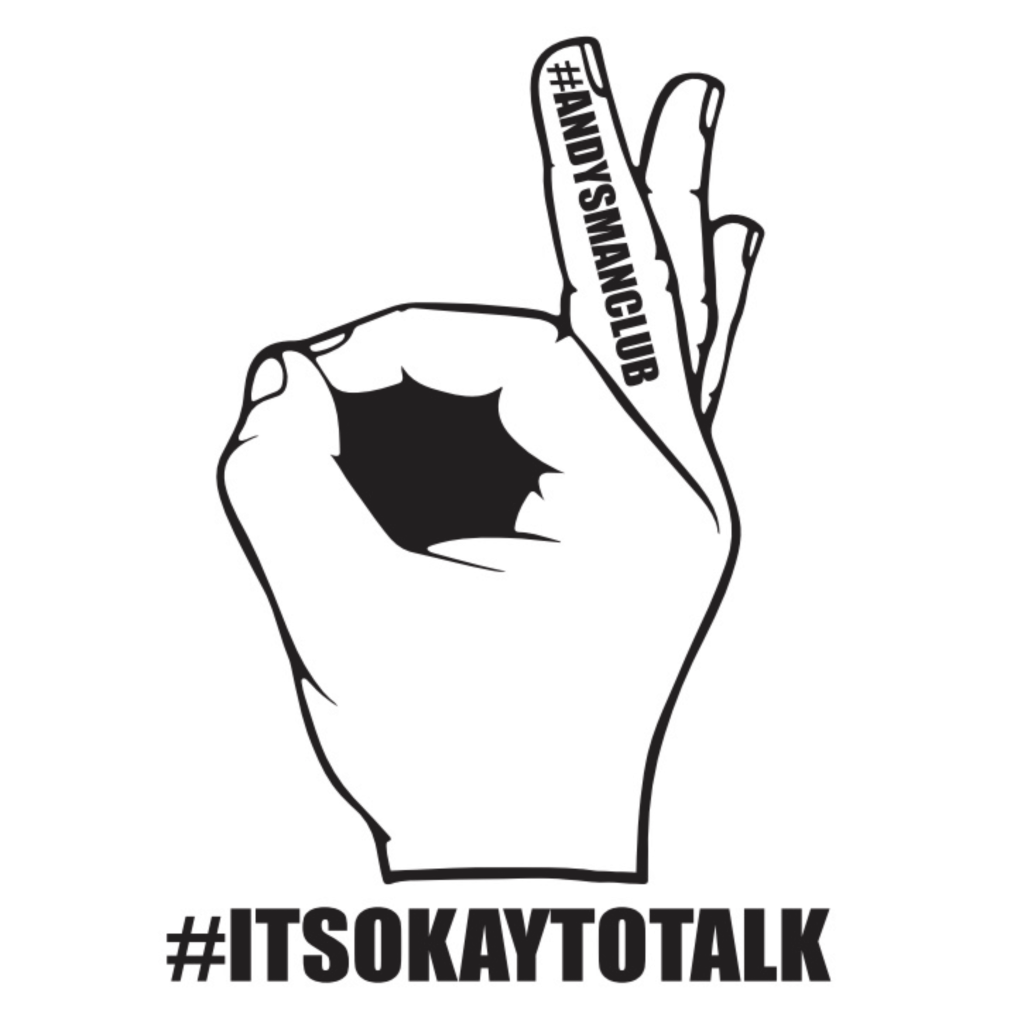Many men struggle to share their feelings. Cultural expectations, early experiences and ideas about masculinity can all play a role in why some men keep things inside. If you want to encourage a man to share what he is feeling, the key is to create a space where he feels safe, respected and free from judgment. The goal is not to force him to talk, but to help him feel ready and able to open up when the time is right.
Understand why he might not talk
Boys are often taught from an early age to “man up” or hide their emotions. They might have been told not to cry, discouraged from talking about feelings or praised for keeping a “stiff upper lip”. By the time they reach adulthood, this can become a deeply ingrained habit.
For some men, sharing his feelings is likely going to uncomfortable because they simply have not been given the tools to do it. Others may worry that expressing sadness, fear or vulnerability will make them seem weak or less masculine. He may also be concerned about burdening you with his problems or unsure how to start a conversation about what is bothering him. Recognising that his silence is often learned behaviour rather than a lack of trust is an important first step.
Recognise it’s difficult for him
Opening up can take real courage. For a man who has spent years keeping his emotions private, even saying a few words about how he feels can feel like stepping into unknown territory. It might be awkward, overwhelming or even physically uncomfortable at first.
By acknowledging that this is difficult, you are letting him know you see the effort he is making. You might say, “I know this isn’t easy for you, and I appreciate you trying” or “I can imagine this feels strange, but I want to understand how you’re feeling”. This validation can lower his guard and help him feel more willing to continue.
Show genuine interest
Men are more likely to talk when they sense that someone genuinely wants to hear what they have to say. This means slowing down, putting distractions aside and giving him your full attention. Eye contact, gentle nods and open body language can signal that you are listening without judgment.
Instead of closed questions like “Are you OK?”, ask open-ended ones that invite a fuller response. Try “How have things been for you lately?”, “What’s been weighing on your mind?” or “Can you tell me more about that?” Allow pauses — silences can give him space to gather his thoughts without feeling rushed.
How to get men to open up
Men are more likely to open up when they feel emotionally safe. Creating this safety means showing consistency, avoiding criticism and giving them the chance to share without fear of being judged. Sometimes this means accepting that he may talk in small doses at first and that trust will build over time.
You can encourage this process by being patient, listening actively and letting him decide how much to share in each conversation.
Choose the right setting
Where you have the conversation can make a big difference. Some men find it hard to talk when the focus is entirely on them. Choosing a setting that feels relaxed and non-confrontational can help.
This might mean chatting while driving, walking the dog or cooking together. The side-by-side nature of these activities can make the conversation feel less intense than sitting face-to-face. A familiar environment also helps reduce the pressure and can make it easier for him to share.
How to get men to talk about their feelings
Encouraging a man to talk about his feelings often starts with giving him space and reassurance. Remind him that his emotions are valid and worth hearing, even if they are hard to express.
Using open-ended prompts such as “What’s been on your mind lately?” or “How has that been for you?” can invite deeper conversation without making him feel cornered.
Avoid quick fixes
When a man does open up, resist the urge to immediately jump in with advice or solutions. While problem-solving is often well intentioned, it can unintentionally send the message that his feelings are inconvenient or need to be “fixed” rather than heard.
Instead, focus on reflecting back what you hear. Phrases like “That sounds really tough” or “I can hear how much this is affecting you” show that you are listening and that his emotions are valid. This approach encourages deeper sharing and helps build trust.
How to help a male partner with depression
Depression can make opening up even more challenging. A male partner with depression might feel numb, withdrawn or ashamed to talk about what he is experiencing. In these situations, small acts of understanding can make a difference.
Avoid pushing for big, emotional conversations right away. Instead, offer gentle check-ins, be present without pressure, and suggest activities that feel safe and low-stress. Let him know you will listen when he is ready and that you believe what he is going through is important.
Respect his boundaries
If he is not ready to talk, pushing harder can make him retreat even further. It is important to let him know that you care and are available without demanding that he open up immediately. Sometimes just hearing, “I’m here whenever you want to talk” can be enough to plant the seed for a future conversation.
Remember that sharing emotions is a skill that can take time to develop, especially if he has spent years avoiding it. Patience, understanding and consistency are key.
How to make him talk about his feelings
If you want to make it easier for him to talk, focus on showing empathy rather than urgency. Forcing the conversation rarely works, instead, help him feel that you are a safe, supportive listener.
Encourage him gently, give him permission to speak at his own pace and reinforce that it is okay to talk about anything without fear of judgment. Over time, this reassurance can help him open up more naturally.
How Therapy Can Help with Opening Up
Therapy offers a confidential, non-judgmental space where men can learn to recognise, understand and express emotions. A skilled therapist will help him put feelings into words, explore where they come from and develop healthier ways to respond to them. Over time, this can make him more confident in opening up to partners, friends and family.
For some men, therapy is the first place they have ever felt truly safe to talk about their inner world. Once that trust and skill is built, it can change not only their relationships but also their sense of self.















